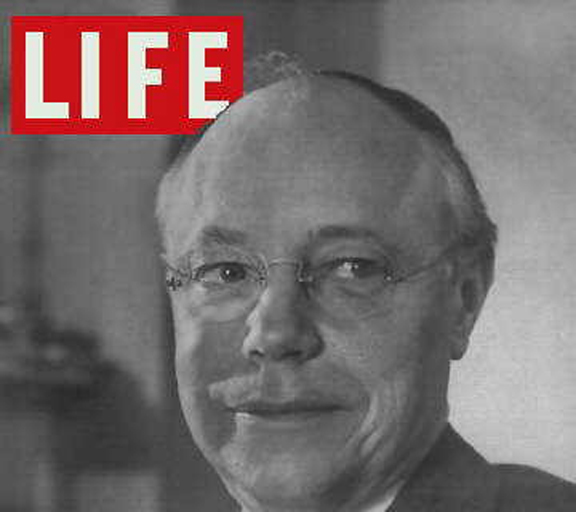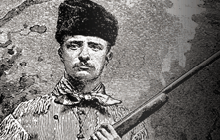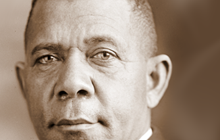During the administration of Franklin D. Roosevelt, the “New Deal” brought forth men such as Robert Taft who attempted to curtail the large growth in government from the New Deal. Taft viewed himself as a “liberal conservative” (a seeming contradiction in our day) by which he meant liberal in that he was open to new ideas, willing to make necessary change, but conservative in regards to appreciating stability in government. He governed by asking himself with every decision, “will this increase or decrease the liberty of the American people?”
In the important “Had Enough? Vote Republican!” midterm elections of 1946, Taft and his Republican cohorts won the majority in both houses by a platform that included: cutting taxes, balancing the budget, and pushing back the Communist threat. This congress came to be known by the phrase the “Do-Nothing Congress,” not because it did nothing, but because it resisted President’s Truman liberal Fair Deal program. Despite countless presidential vetoes, Taft and the Republicans decreased federal spending by 7.5%, lowered income taxes for everyone, beat back the corrupted organized labor elements in the 1940s with the Taft-Hartley Act, and laid the policy platform foundation conservatives still fight for today.
Despite Taft’s strong leadership within the party, the Republicans ran the liberal Northeastern establishment New York Governor, Thomas Dewey, in 1948 for president, ultimately losing to a hard smear campaign by Truman. Taft again sought the nomination in 1952 only to see it slip through his fingers as Eisenhower used delegate-trickery to win the nomination with the infamous “Texas Steal.”
Five months into Eisenhower’s term, Taft sadly passed away due to cancer. Despite his early death, he managed to revive the G.O.P., defend the concept of liberty under law, promote equal opportunity for all, work toward a balanced position with organized labor and management, and held the State Dept. accountable for US Foreign policy during his time in office.
Leadership in the conservative movement would soon shift from Taft to Sen. Barry Goldwater (R-AZ). After writing his conservative manifesto, The Conscience of a Conservative, Goldwater rose to prominence by pressing for ending government farm subsidies, establishing a flat tax, promoting “right to work” causes, and winning the Cold War. Convinced to run in 1964, Goldwater finally consented even though he knew the recent Kennedy assassination would probably ensure his loss. His acceptance speech at the 1964 RNC convention was one of the most memorable speeches in GOP history and still inspires conservative activists today. The most famous line from the speech is still below:
“I would remind you that extremism in the defense of liberty is no vice (thunderous applause). And let me remind you also that moderation in the pursuit of justice is no virtue.”
Despite being able to appeal to what he called, “the forgotten American,” his opponent, Lyndon Johnson, painted him as a fanatic and eventually defeated him a landslide victory. Yet Goldwater’s election would be remembered as one of the most consequential losses in American political history as the 1964 campaign inspired legions of conservative activists, legitimized a burgeoning political movement, and set the stage for conservative victory only 16 years later.
Another important aspect of the Goldwater campaign was a speech given by a former supporter of FDR and Truman and a former Hollywood actor whom many thought his time had passed. In one of the most riveting and galvanizing speeches near the end of the 1964 campaign, Ronald Reagan’s time had come. In a speech titled “A Time for Choosing,” he mesmerized a nation with his passionate case for conservatism while showcasing his oratorical talents. The political career of Ronald Reagan had been launched as he would campaign for and win the gubernatorial election in California only two years later. The rest is history.










